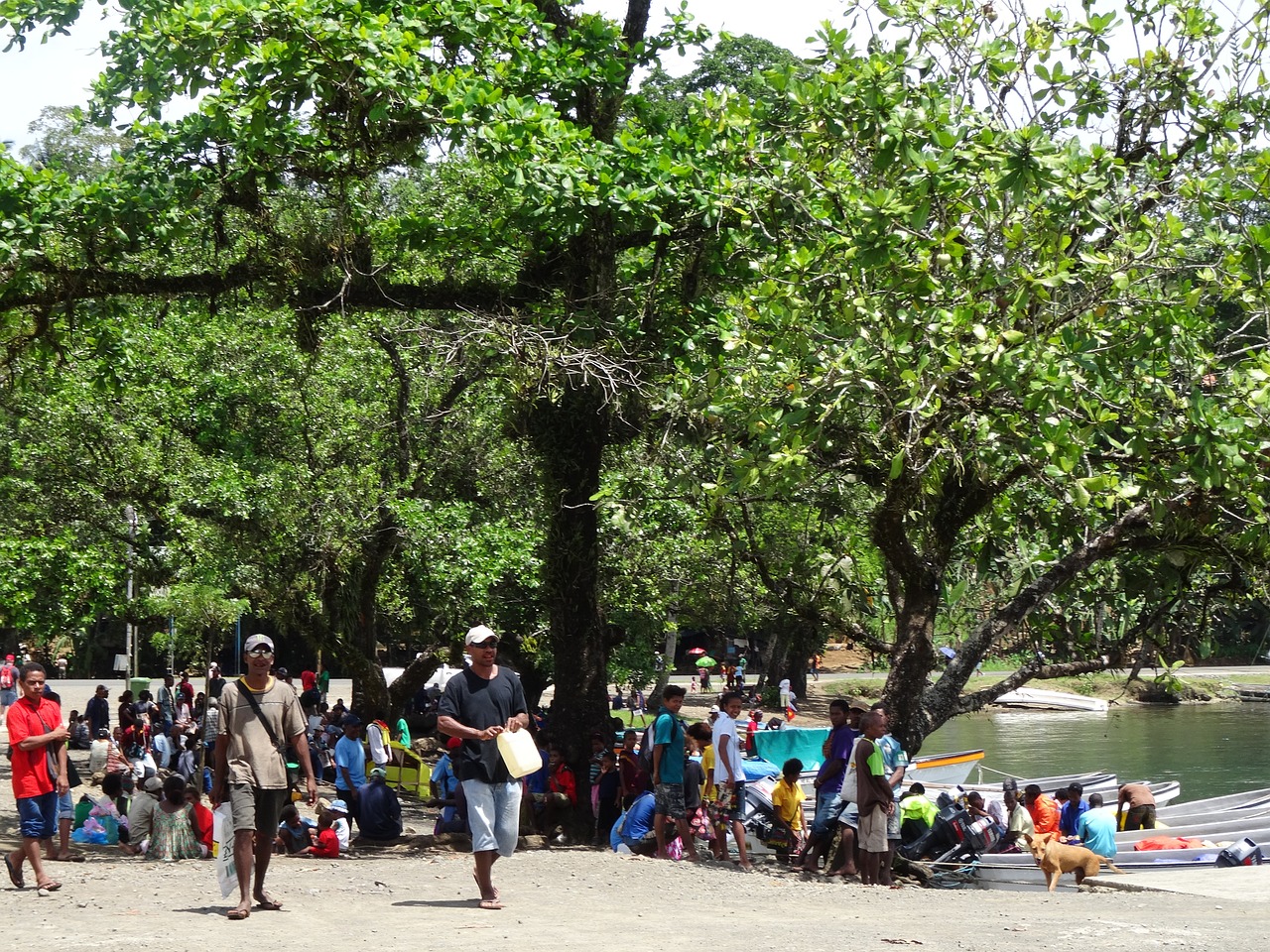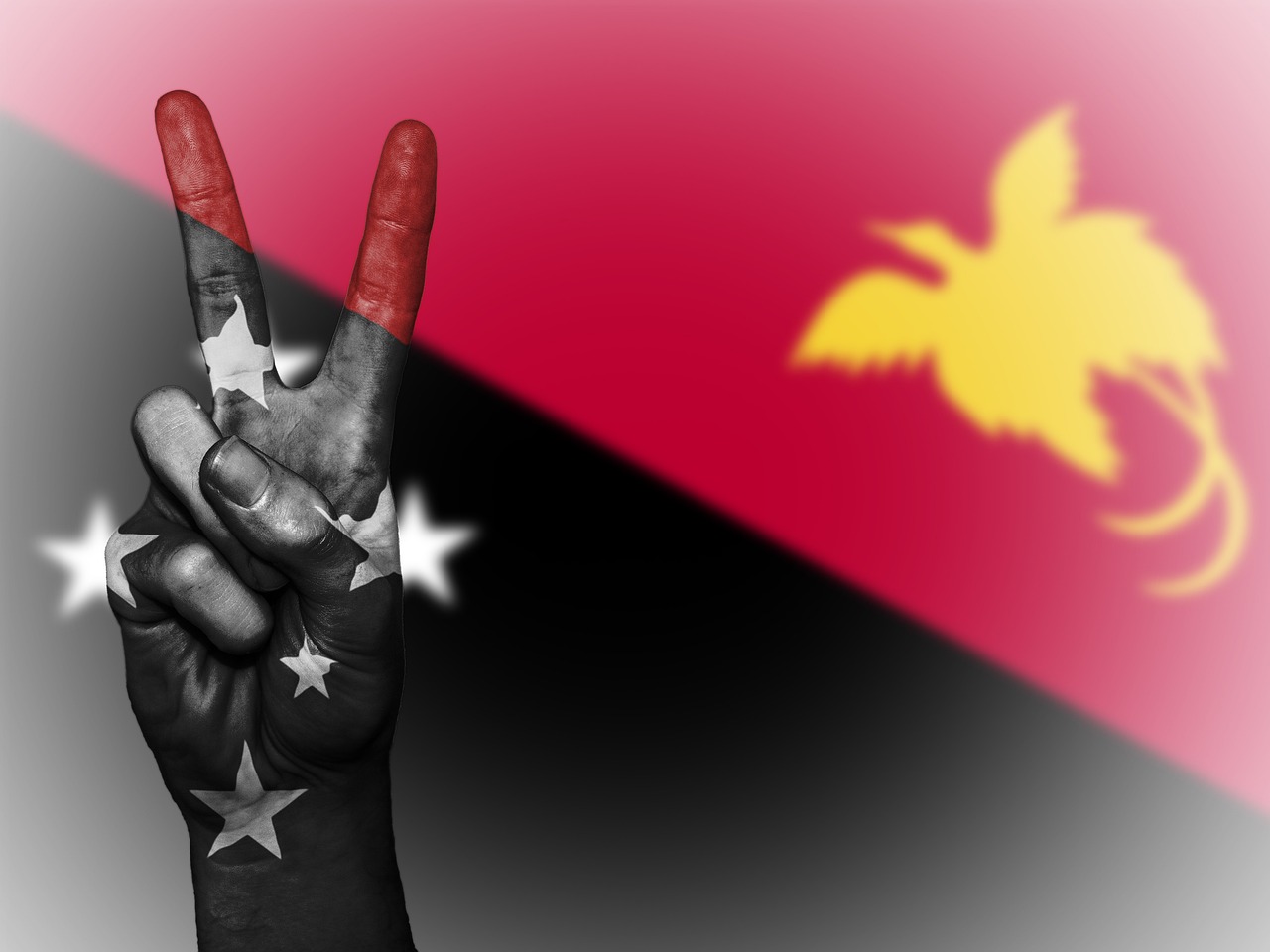Introduction
Papua New Guinea is a country located in the southwestern Pacific Ocean. It is known for its diverse culture, stunning landscapes, and rich natural resources. If you are planning to work in Papua New Guinea, it is important to understand how to manage your finances and payments effectively. This article will provide you with detailed information on various aspects of managing finances and payments while working in Papua New Guinea.
Banking Services
- Opening a Bank Account: To manage your finances efficiently, it is advisable to open a bank account in Papua New Guinea. Most major banks in the country offer a range of accounts, including savings, current, and foreign currency accounts.
- Choosing the Right Bank: Before opening a bank account, it is essential to research and compare the services offered by different banks. Consider factors such as fees, interest rates, ATM accessibility, and customer service quality.
- Online Banking: Most banks in Papua New Guinea provide online banking services, allowing you to manage your finances conveniently from anywhere with internet access. Online banking enables you to check your account balance, transfer funds, pay bills, and view transaction history.
Managing your finances through a bank account provides you with a safe and convenient way to receive your salary, make payments, and access various banking services.
Some of the popular banks in Papua New Guinea include Bank of Papua New Guinea, ANZ Bank, and Westpac Bank.
Ensure that you set up secure login credentials and follow best practices to protect your online banking information.
Currency and Exchange
- Papua New Guinean Kina (PGK): The official currency of Papua New Guinea is the Papua New Guinean Kina (PGK). It is advisable to familiarize yourself with the current exchange rate to effectively manage your finances.
- Foreign Currency Exchange: If you need to exchange foreign currency into PGK, you can do so at authorized banks and foreign exchange bureaus. It is advisable to compare exchange rates and fees to get the best deal.
- ATMs and Cash: ATMs are widely available in major cities and towns in Papua New Guinea. However, it is advisable to carry some cash, especially when traveling to remote areas where ATMs may not be readily accessible.
Exchange rates can fluctuate, so it is recommended to check for updates regularly or use reliable currency conversion websites.
Ensure that you have your identification documents handy when exchanging currency.
Keep your cash secure and avoid displaying large amounts of money in public.
Tax Obligations
- Income Tax: If you are employed in Papua New Guinea, you are required to pay income tax on your earnings. The tax rates vary based on income brackets.
- Tax Identification Number (TIN): To fulfill your tax obligations, you will need to obtain a Tax Identification Number (TIN) from the Internal Revenue Commission. This unique identifier is used for tax purposes and should be provided to your employer.
- Tax Deductions: Certain expenses, such as medical expenses, charitable donations, and contributions to approved superannuation funds, may be eligible for tax deductions. Keep track of your eligible expenses and retain relevant documentation.
Ensure that you understand your tax obligations and comply with the local tax laws. It is advisable to seek professional advice or consult the Internal Revenue Commission of Papua New Guinea for detailed information.
Keep your TIN confidential and provide it only to authorized entities.
Consult with a tax professional or refer to the Internal Revenue Commission for guidance on tax deductions.
Managing Expenses
- Budgeting: Create a budget to track your income and expenses. Consider your regular bills, groceries, transportation costs, and other necessary expenses. Allocate a portion of your income towards savings or investments.
- Living Costs: The cost of living in Papua New Guinea can vary depending on the location and lifestyle choices. Accommodation, transportation, and food expenses are some of the major costs to consider.
- Utility Bills: Set aside funds for utility bills such as electricity, water, and internet services. Monitor your usage and adopt energy-saving practices to reduce costs.
Regularly review your budget and make adjustments as needed to ensure that you are effectively managing your expenses.
Research the average living costs in your specific area and plan your budget accordingly.
Pay your utility bills on time to avoid late fees or service interruptions.
Financial Services and Apps
- Mobile Banking Apps: Many banks in Papua New Guinea offer mobile banking apps that allow you to manage your finances using your smartphone. These apps provide features such as balance inquiries, fund transfers, and bill payments.
- Payment Apps: Digital payment apps like PayPal, Venmo, and Google Pay are widely used globally. Check if these apps are available in Papua New Guinea and explore their features for convenient and secure payments.
- Money Transfer Services: If you need to send or receive money internationally, consider using reliable money transfer services such as Western Union or MoneyGram. Compare fees and exchange rates to choose the most cost-effective option.
Download the official app from your bank and ensure that you follow security best practices when using mobile banking services.
Ensure that you link your payment apps to a secure bank account or credit card.
Ensure that you provide accurate recipient details and keep the transaction receipts for reference.
Insurance
- Health Insurance: It is advisable to have comprehensive health insurance coverage while working in Papua New Guinea. Medical expenses can be high, especially for emergency situations or specialized treatments.
- Travel Insurance: If you plan to travel within Papua New Guinea or explore other countries in the region, consider obtaining travel insurance. Travel insurance provides coverage for trip cancellations, medical emergencies, and lost belongings.
Research and choose a health insurance plan that suits your needs and provides coverage for medical services in Papua New Guinea.
Read the policy terms and conditions carefully to understand the coverage and exclusions.
Image 1: Papua New Guinea

Conclusion
In conclusion, managing finances and payments while working in Papua New Guinea requires careful planning and consideration. Open a bank account, familiarize yourself with the local currency, fulfill your tax obligations, and create a budget to effectively manage your expenses. Take advantage of online banking and financial services apps for convenient money management. Additionally, ensure you have appropriate insurance coverage for health and travel purposes. By following these guidelines, you can navigate the financial landscape of Papua New Guinea with confidence.
Image 2: Papua New Guinea

References
- Bank of Papua New Guinea: www.bankpng.gov.pg
- ANZ Bank Papua New Guinea: www.anz.com
- Westpac Papua New Guinea: www.westpac.com.pg
- Internal Revenue Commission of Papua New Guinea: www.irc.gov.pg
Image 3: Papua New Guinea


